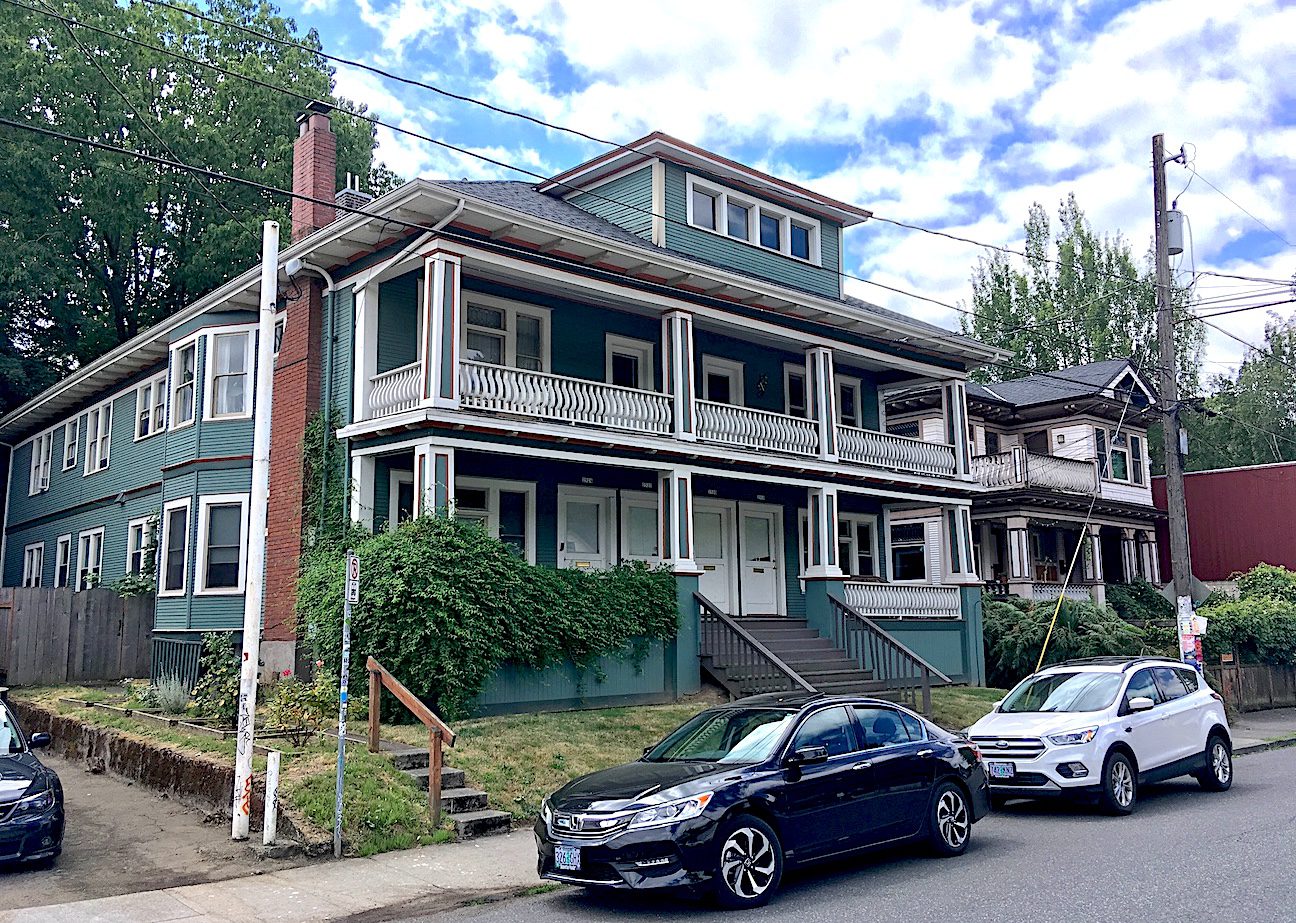Does the Constitution Think Apartment Buildings Are Parasites?

I saw this tweet the other day from urban planner and New Urbs contributor Nolan Gray:
I've read it a million times, yet every time I read this paragraph from Euclid v. Ambler establishing for the constitutionality of single-family zoning, I'm left dumbstruck by its silliness. pic.twitter.com/GaC47Jdx0O
— M. Nolan Gray (@mnolangray) January 22, 2021
I replied, “That paragraph is so deeply ideological and technocratic at the same time.” A common impulse is to see ideology and technocracy as opposites, to seek an objective solution to public policy problems as though they were math problems. Perhaps a better impulse is to internalize what one of my public policy professors used to say in pretty much every class: “Public policy comes down to values.” That’s what at stake in this Supreme Court paragraph, hidden with a tricky sleight-of-hand. Essentially, dry, technocratic language obscured the very particular characterization of apartment buildings as “parasites,” and the objectively unfounded notion that density is at odds with residential character. Sure, it’s wrong. But the remarkable thing is that it’s an extremely tenuous subjective opinion disguised as some sort of description of reality.
This week I’m writing the New Urbs feature: an appreciation of the roadside neon sign. I make the point that midcentury planners and policymakers decided that neon was somehow a nuisance, yet the broader land-use pattern of suburban sprawl was barely questioned. This is an opinion, and again, a tenuous one. Yet it is the basis for the Highway Beautification Act, local anti-neon ordinances (if you’re making a commercial sign, also be ready to have size, color, and frequency of flashing or moving designs tightly regulated), and, of course, most of our land-use regime. The Prince George’s County, Maryland zoning code includes, for example, this sentence in a long section on signs, this rule in particular pertaining to lodging establishments: “The signs may be illuminated, but no neon, red, or flashing device may be used.”
You don’t have to be critical legal theorist to grasp that vast swaths of land-use regulations are merely opinions, many simply aesthetic ones that reflect upper-class or tastemaker preferences. You don’t need to be an anarcho-libertarian to realize how heavily the land-use regime circumscribes private property and entrepreneurship.
To say that policy comes down to values doesn’t mean all policy opinions are equal. Some are quite wrong. The values lens, in fact, can help us understand how and why they are wrong. It helps us to break through the dry language that cloaks them, and to see how absurd it is to think that the Constitution blesses single-family zoning or bestows authority to regulate the color of a sign.
Follow New Urbs on Twitter for a feed dedicated to TAC’s coverage of cities, urbanism, and place.